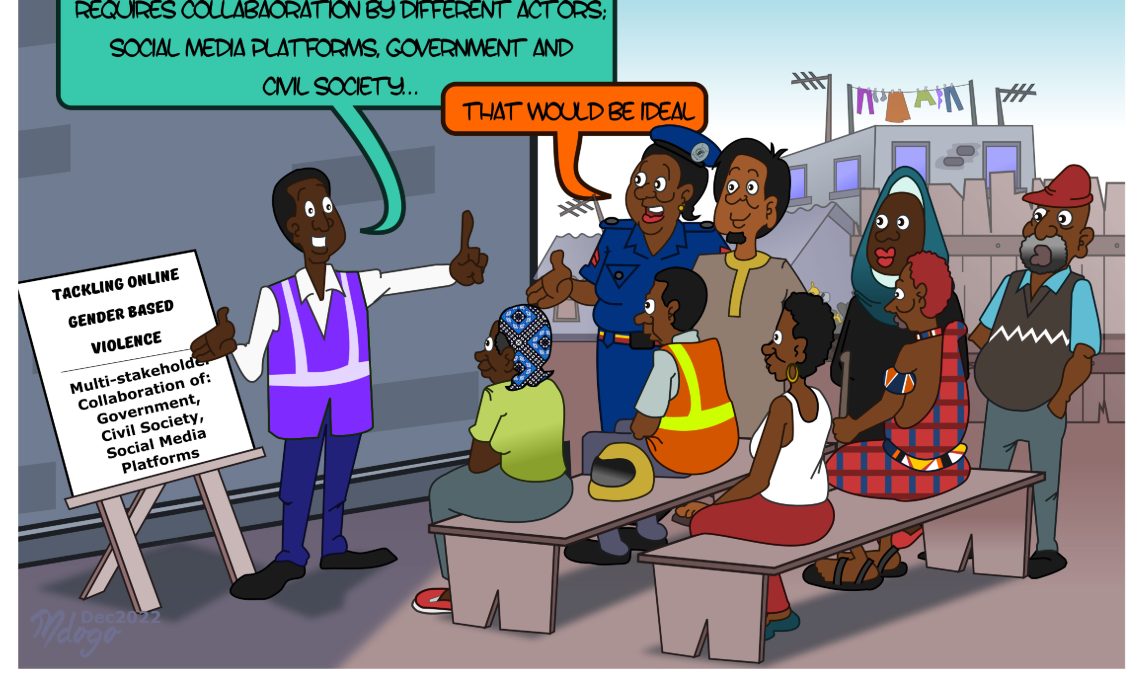
Online Gender-based Violence (OGBV) offenders have made it easier for women and other vulnerable groups to be abused and harassed in new ways. Many of these abusers are men and this shows how men and women wield different levels of power. For example, a survivor’s partner is said to have hurt him and threatened to share private photos and videos if he did not get what he wanted. These bad things also happen to other vulnerable groups, like the lesbian, gay, bisexual, transgender, questioning, queer, intersex, asexual (LGBTIQA+) community. A man at work used a spy camera online so he could record his female co-worker taking a shower. When the woman ran away, he used the video clips to scare her. Even scarier is the fact that most of the reported cases were done by people who were once very close to the person who survived. The internet is one of the best places to find opportunities and share ideas, but women and other vulnerable groups are often threatened, silenced, and censored for speaking out.
In Kenya, gender-based violence has become more common over the years. A desk review shows that survivors under the age of 30 are more likely to experience OGBV. Many survivors have either experienced or feared online harassment and abuse with the help of technology.
Online violence based on a person’s gender can hurt people in many ways, including their mental health. Most of them have been hurt emotionally, sexually, and their reputations have been hurt because they spoke out. These harms were made worse by the fact that they don’t get much help, which often includes being threatened not to make friends or get involved, both online and offline. Women also have to deal with the fact that their private and sensitive information was leaked online, shared with other people, and then used against them. Very few of the survivors have asked for help from the police, had their cases investigated and their culprits brought to trial. Some of the survivors turned to psychosocial intervention for help. Other options are to tell the platform about the abuse, to leave or change the platform, to block the aggressor, or confront the offender.
Technology can also be a lifeline for people who are in danger. In Kenya, civil society groups have helped young women who have been abused to share their stories on social media. Some online hashtags that talk about harassment have become popular as safe places where young women can talk about their problems, and demand that people take responsibility. Some organizations are using social media or making online channels and forums to give women the information they need, such as where they can get help. Women have the right to be safe and protected at all times, and the Kenyan government should make sure there are ways to keep them safe. The Kenya Police Service should set up hotlines where women can report abuse and receive immediate help.


